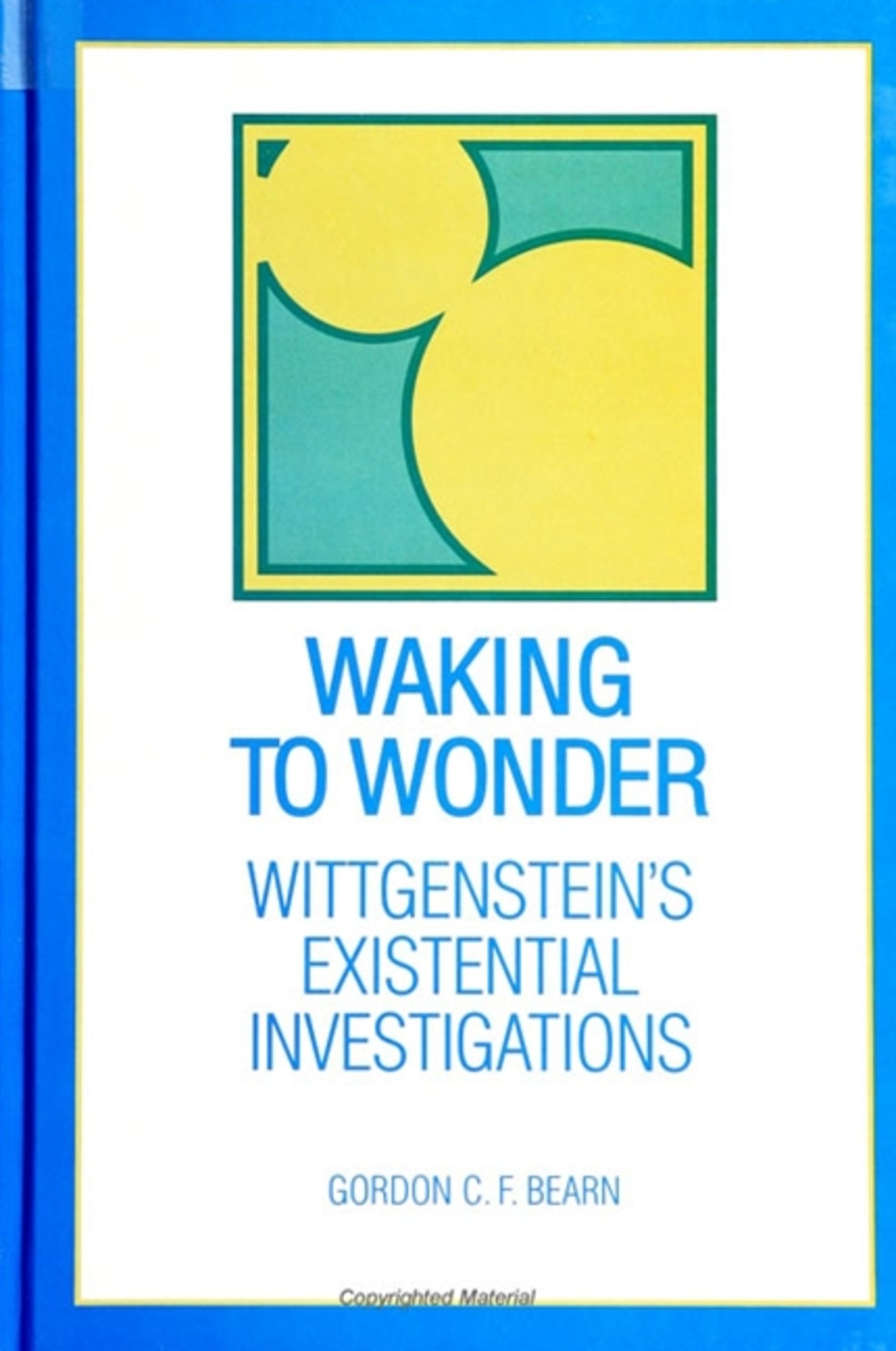We're sorry. An error has occurred
Please cancel or retry.
Waking to Wonder

Some error occured while loading the Quick View. Please close the Quick View and try reloading the page.
Couldn't load pickup availability
- Format:
-
16 January 1997

The central claim of this book is that, early and late, Wittgenstein modelled his approach to existential meaning on his account of linguistic meaning. A reading of Nietzsche's The Birth of Tragedy sets up Bearn's reading of the existential point of Wittgenstein's Tractatus. Bearn argues that both books try to resolve our anxiety about the meaning of life by appeal to the deep, unutterable essence of the world.
Bearn argues that as Wittgenstein's and Nietzsche's thought matured, they both separately came to believe that the answer to our existential anxiety does not lie beneath the surfaces of our lives, but in our acceptance-Nietzsche's "Yes"-of the groundless details of those surfaces themselves: the wonder of the ordinary


"Bearn is impressively well read in both 'analytic' and 'continental' philosophy. The book deals with a fundamental philosophical problem: how is it possible to retain (or regain) a sense of the meaningfulness of life, particularly in the face of the threat of nihilism?
It offers an unusual take on Wittgenstein's conception of the task of philosophy and, particularly, of the significance of his later writings. I liked Bearn's remarks on Wittgenstein's conception of the 'sublime' which are wholly original. Waking to Wonder is a well-written and imaginative book." — Michael Williams, Northwestern University
"Both Nietzsche and Wittgenstein are important philosophers, central to the contemporary philosophical conversation, and Bearn skillfully puts them in conversation with one another. I believe many readers will find Bearn's interpretation of these thinkers to be both plausible and heartening." — James C. Edwards, Furman University
Preface
Relativism, Skepticism, and the Meaning of Life
Acknowledgments
Abbreviations
1. Superficial—Out of Profundity: Nietzsche's Unwritten Birth of Tragedy
2. The Sublime Scaffolding of Logic and Life: Wittgenstein's Tractatus
3. Superficial Essentialism: Wittgenstein's Turn from the Sublime
4. The Wonder of Linguistic Meaning: Don't Take It as Obvious
5. The Wonder of Existential Meaning: Wittgenstein's Daybreak
Afterword
The Plain Sense of Times
Notes
Index



